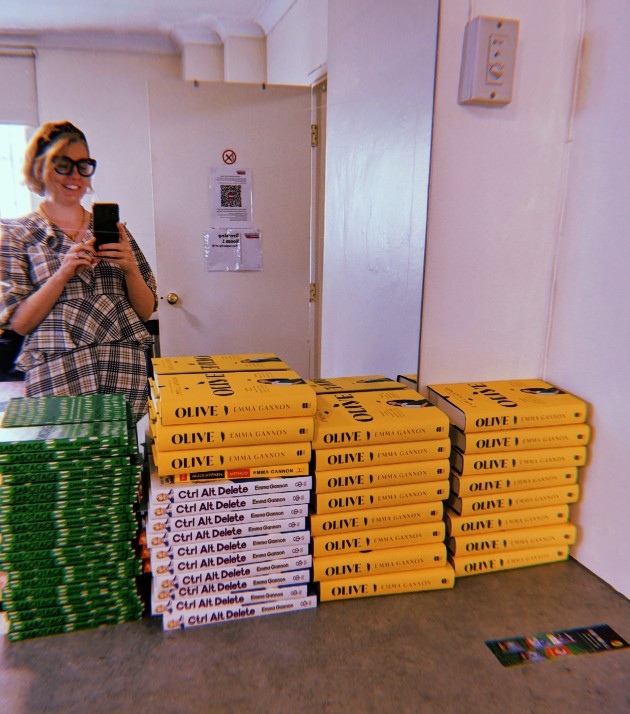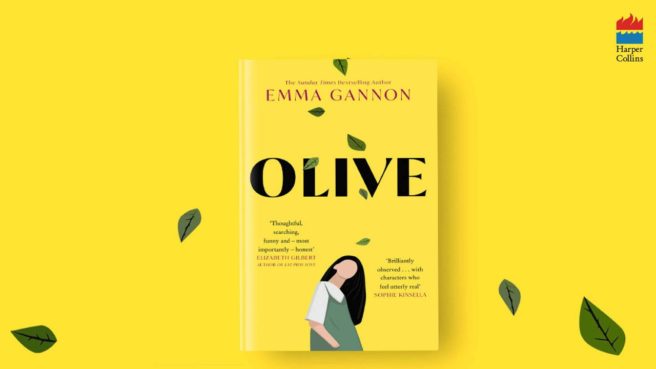
Book review: Emma Gannon’s ‘Olive’ is a defence of the ‘child-free’ woman
Olive Stone is thirty-something, a top journalist, has amazing friends and is ‘child-free’. And right now, that one lack in her life is all she can think about.
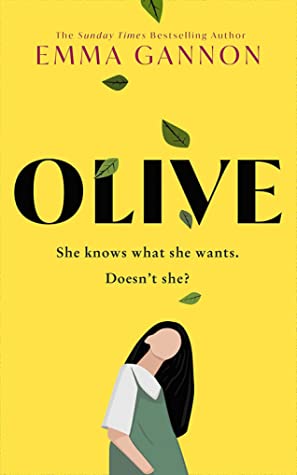
Her best friends since secondary school, Cecily, Beatrice and Isla, all seem to be moving on to a new stage in their lives. They’re all married, all expecting or trying for children and Olive can’t help but feel a little…behind. She has never wanted children, but as the friendships she considered rock-solid begin to crumble and she is asked to write an article as to why millennial women don’t want children, she begins to question all the choices she has made. And time is running out – isn’t it?
You would be right in thinking that this is a Dolly Alderton-esque kind of book. Brutally honest, deeply personal and thoroughly relatable, Emma Gannon’s columnist experience shines through in the snappy writing. Flashing back and forth between her present and her past, we see how Olive’s friendships with Isla, Cecily and Bea has developed from a constant thing in her life to something less solid as children and fertility struggles take over. Olive envisions herself as a bit of an outsider to all of this, having recently just broken up with a boyfriend of nine years due to the fact that she doesn’t want children. A the tight-knit security of friendship begins to unravel too, she finds herself increasingly frustrated by the all-consuming lifestyle of motherhood, when she needs her friends around her.
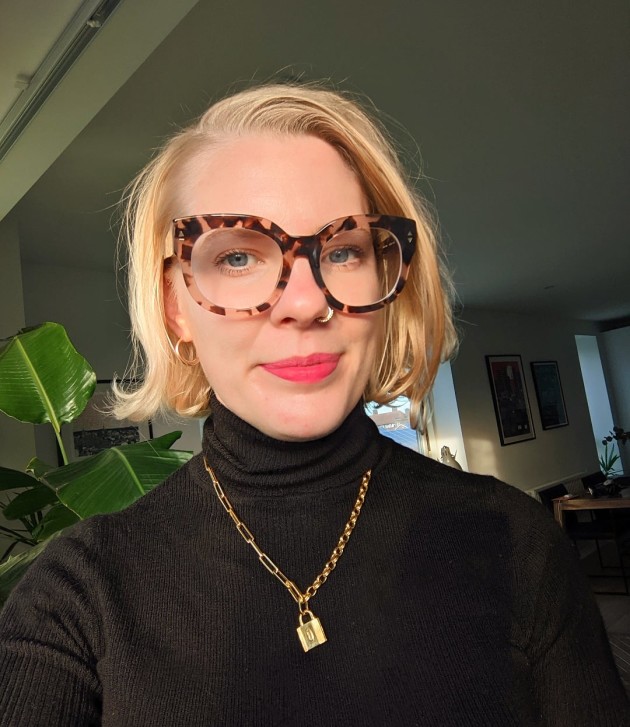
Olive, while witty, entertaining and relatable, is not the world’s most likeable protagonist. Her deep dive into the world of women who are ’Child-Free by Choice’ leads to many uncomfortable and painful moments, particularly for her friend struggling with fertility issues. She can be abrasive, her break up has her drinking too much at odd hours in the day and frustratingly wallowing her way through the post-break up period. But she is fiercely independent, a dedicated journalist, and an assertive person who generally tries to do the right things. But Olive isn’t supposed to be perfect. Women who don’t want to have children don’t have to be perfect in order for their choice to be valid. There doesn’t have to be one perfect reason or type of person who is the right type to deem that decision valid. It simply is, because it is their choice.
‘The more I try to hide it, the heavier it becomes. Each woman I know carries it – the shame – but it’s a different shape for us all. There is always a hidden shame related to motherhood; whether you want a baby, or you don’t, or whether you hate being a mother or whether you love it more than anything else in your life.’
The interrogation of this social issue is fully dissected and examined form every angle in this book. It is easy to see how Gannon’s own journalistic experience has fed this piece, with the investigative cultural journalism taking form in a very personal and people-centric, rather than simply political way. This is not just a book about women who don’t want children, though the exploration of this is refreshingly real. It is also a book that pushes back against ‘perfect mummy’ culture, explores how personal fertility issues seem to be open to public debate and de-romanticizing the frightening aspects of becoming a new mother.
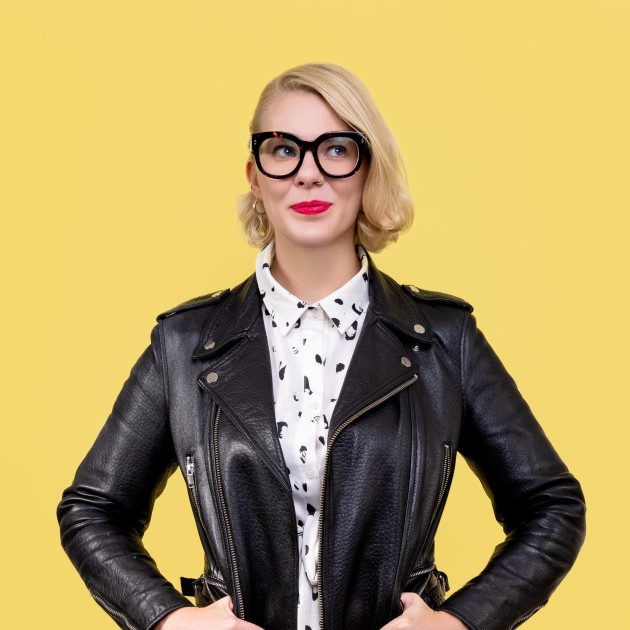
And what is most important about this book’s approach to its subject is the fact that Olive’s decision is in no way made in connection to her friend’s choices. There is no moment when she looks at a friend’s baby and thinks ‘No, not for me.’ There is a deep love and understanding for mothers, a core appreciation of all that they accomplish and sympathy for all they go through. Gannon holds modern parenting up to the light and examines who takes on the loads of responsibility and emotional and physical care, what work can be like to go back to in a modern, intense work place, and how returning to work can be a frightening and panicking time after such a life change.
But at the fascinating heart of this book is the paranoia that Olive feels in admitting that motherhood just isn’t for her. Judgement surrounds this assertion like a flock of furious vultures, with close friends and family calling it phase, a selfish decision, that she’ll change her mind, that it’s because her dad left her, rather than an autonomous, conscious decision made by a woman who knows what shape she wants her life to take. People take an extremely personal affront to her choice, although it’s nothing to do with them, and no judgement on their personal choices. She grapples with the incorrect social idea that infertility is a refute to not having a child, and that child-free people should be ashamed about not using their bodies to reproduce. Gannon’s interrogation of these ideas as well as the rhetoric behind why society wants women to have children so badly is frightening and worryingly familiar in this modern world.h
'I’m sorry to say it Olive, but it is insensitive of you when so many women are struggling hugely with conceiving. Women whose eggs have not frozen properly. Bodies and wombs that are not working. You have a healthy womb…You have nothing to complain about. You’re pursuing needless drama’.
Societal dismissal of child-free women and the mental health struggles that come along with that decision, shines a light on a major gap in our collective social empathy. Instead of accepting this decision, there is a sense of the need to change or ‘fix’ them, to criticise their choices. There is almost an undertone of jealousy to it, the freedom that comes with that choice. But that attitude disregards that it is a difficult and lonely decision to make in these modern times, when friends and society are obsessed with your social progress as a mother and not your personal or career progress.
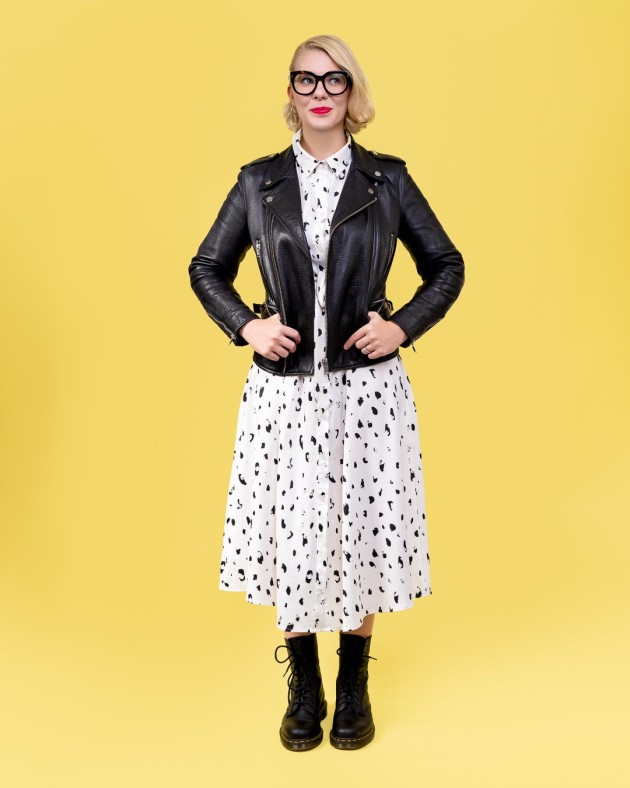
‘I know what it’s like to want something, to pine and long and cry for something. I have longed for boys who didn’t love me; I have longed for a new version of myself; longed for a dream job…But this lack of longing for a baby feels so lonely.’
Olive’s anguish could come across as melodramatic, but at the point she has hit in her life – her thirties – and having just broken up with a long-term boyfriend, the situation is tenuous. Her erratic behaviour becomes understandable the more people that crowd into her life to tell her that ‘you that you will change your mind’ and that ‘it’s just a phase’. And she does start to doubt herself, even though deep down in her gut she knows that this is not for her. But it is different for women. We have a very limited window in which to make this decision, especially when a serious relationship ends in our thirties. It puts pressure on an early and uncertain part of our lives, leaving no room for mistakes or taking back decisions.
‘Let go of your guilt, Ol. Women are made to feel guilty for everything. The food we eat, the bodies we have, the relationships that don’t work out. We must accept the challenge and refuse to take on this guilt.’
By navigating the awkward, honest conversations that real people are avoiding having with their friends, Gannon highlights the micro-aggressions, the passive-aggressive comments, the comparisons the jealousy and the insecurity that surround reproductive decisions. It isn’t bitchiness – it’s life, just a particularly charged aspect of it for a group of women in their thirties. These women, their children and their reproductive decisions are our vehicle to explore these huge questions and Gannon masterfully weaves them together to create a beautiful, varied and realistic tapestry of modern womanhood.
